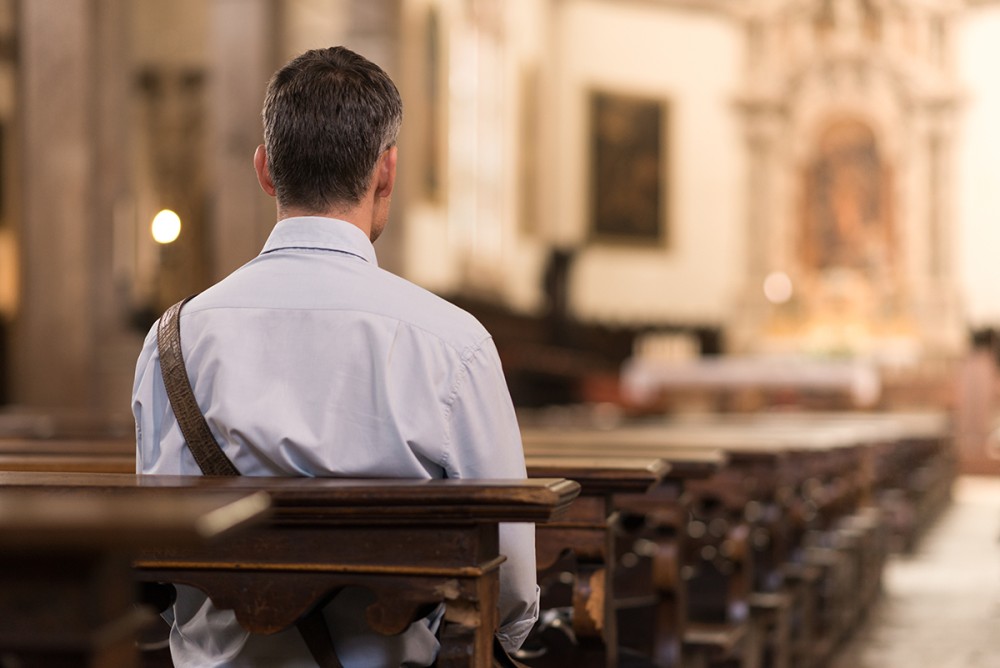When a father and husband walked out, grace called him home
I preached a word of judgment. The stranger in the back row heard grace.

I noticed a stranger in the back pew one Sunday. He was gone by the time I got out to shake hands at the end of the service. But he was back the next Sunday, and the next. He made himself known by coming up for communion. But he always slipped out at the last hymn.
He never wrote his name on the fellowship pad. He was like the homeless at the homeless shelter who will come inside for a shower and to wash their clothes and for a meal but will not register their names or stay inside overnight. They are wary. They aren’t sure what might happen to them. They don’t trust anyone enough.
One Sunday, though, he stayed through the final hymn and came through the line to introduce himself. He was Don—just Don. That was the Sunday he heard me say in my sermon on Luke 3:7–18 that we need to die. I didn’t tell them they needed to change. I told them, “The old sinner we are, the old Adam and Eve, needs to die.” But the Holy Spirit filtered out the qualifiers. All Don heard was “You need to die.” And he knew it was the truth.




